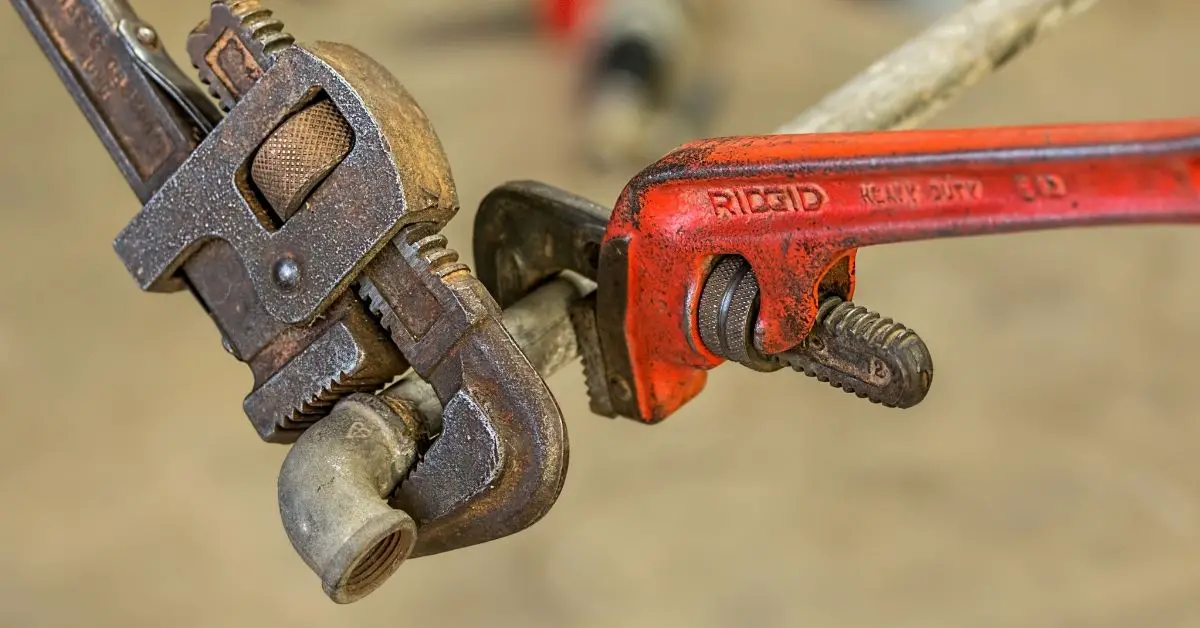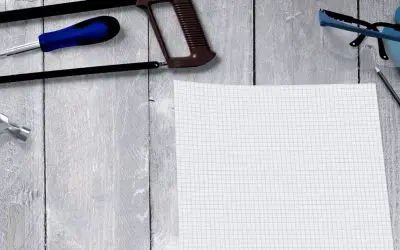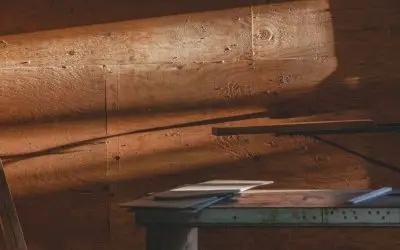Share

- Why do Plumbing Vents Get Clogged
- 1. The vent stack is too close to the gutter.
- 2. The vent stack isn’t properly sealed.
- 3. There aren’t any vents at all.
- 4. There are birds nesting in the vent.
- 5. Your drain isn’t sealed properly.
- 6. The vent stack is too close to the roof.
- 7. There’s an obstruction in the vent pipe.
- 8. Animals
- 9. Leaves
- 10. Toys
- 11. Grease
- 12. Hair
- 13. Medicine
- What To Do When A Drain Gets Slow Or Clogged
- Suggested Post
How do plumbing vents get clogged? This is a common question that plumbers are asked on a regular basis. It’s easy to assume that it only happens when water flows in the wrong direction, but there are many reasons why plumbing vents get clogged. Here are seven crazy (and very unusual) ones.
Why do Plumbing Vents Get Clogged
1. The vent stack is too close to the gutter.
The most common reason for a plumbing vent to get clogged is its proximity to the gutters. When leaves and other debris blow into the gutter, they often find their way into the plumbing vent as well. This can cause serious problems, including back-ups and water damage.
2. The vent stack isn’t properly sealed.
If your home was built before 1990, there’s a good chance that the vent stack wasn’t properly sealed at the time of construction. As a result, rain and snow can easily enter the pipe, which can lead to moisture buildup and eventually clogging.
3. There aren’t any vents at all.
If your home doesn’t have a vent stack or if the existing stacks are broken, you could be looking at some serious problems down the line. Without proper ventilation, sewer gases will begin to seep into your home and cause health issues for anyone inside of it.
4. There are birds nesting in the vent.
If there is a buildup of debris and dirt at the opening of your home’s plumbing vents, it could be an indicator that birds have decided to make your stacks their new home. Whether they build nests inside or perch on top of them, you can expect this type of issue will eventually lead to clogged drains and water damage throughout your house.
5. Your drain isn’t sealed properly.
Another common cause for back-ups within homes with broken or improperly installed plumbing vents is faulty drainage systems underneath sinks, tubs, and showers. Without proper ventilation, these pipes become easily overwhelmed by wastewater from the sink above and begin pushing out into other areas where they don’t belong – including onto the floor.
6. The vent stack is too close to the roof.
If your plumbing vents are installed too close to the roof, you run the risk of them getting clogged with snow and ice. This can be a problem in the winter months when large amounts of snow accumulate on top of houses.
7. There’s an obstruction in the vent pipe.
One reason your plumbing vents might get clogged is if there’s an obstruction somewhere along the length of the pipe. This could be anything from a build-up of leaves and debris to a nest of rodents or insects. If left untreated, this type of blockage can quickly cause serious drainage problems throughout your entire house.
8. Animals
If there’s a hole in the pipe leading from your roof to the plumbing vent, animals can easily crawl inside and make a mess. Birds, squirrels, raccoons – they all love to explore dark places and can cause serious damage by building nests inside of pipes.
9. Leaves
Fall is prime time for leaves to clog up your plumbing vents. Don’t forget to check outside for any fallen leaves or other debris that might be blocking the vent opening.
10. Toys
Plastic toys, remote controls, and even balls can all end up down a drain if you aren’t careful! Kids are often tempted to put things they find in their mouths into the toilet bowl. Keep an eye on them when they’re around water outlets. A clogged pipe is much more dangerous than having to fish out some plastic blocks from the sewage system once every now and then..
11. Grease
If fat solids don’t go through drains quickly enough, oils congeal, causing blockages known as ‘fatbergs’ which may back up pipes completely within 24 hours.
12. Hair
Everyone sheds hair, but when it builds up in your drains and plumbing vents, it can cause some serious problems. Make sure you’re brushing your hair before you shower, and keep a close eye on kids who might be tempted to throw their hair in the toilet.
13. Medicine
It’s always important to dispose of old medication properly, and that includes flushing them down the toilet. Unfortunately, many people still flush drugs down the drain without thinking about the consequences. This can lead to clogged pipes and even water contamination.
What To Do When A Drain Gets Slow Or Clogged
The first thing you need to do is figure out what caused the clog. The next thing you need to do is figure out which parts of your plumbing system are connected together.
Once you have identified the clog, it’s time to take action. If your drains are getting slow or backed up, don’t wait until they’re completely clogged to take action. Prevention is key! Keep an eye on your drains and call a plumber if you notice anything out of the ordinary.
Suggested Post
- How To Do A Hydrostatic Plumbing Test
- How To Fix Common Plumbing Issues: 7 Issues and Steps to Resolve Them



0 Comments